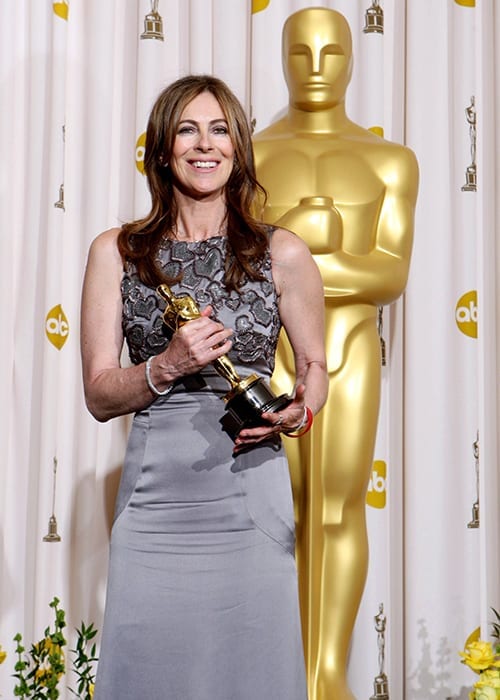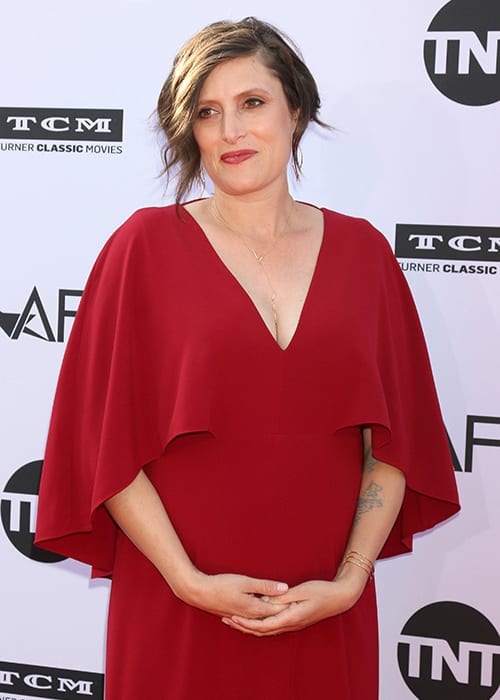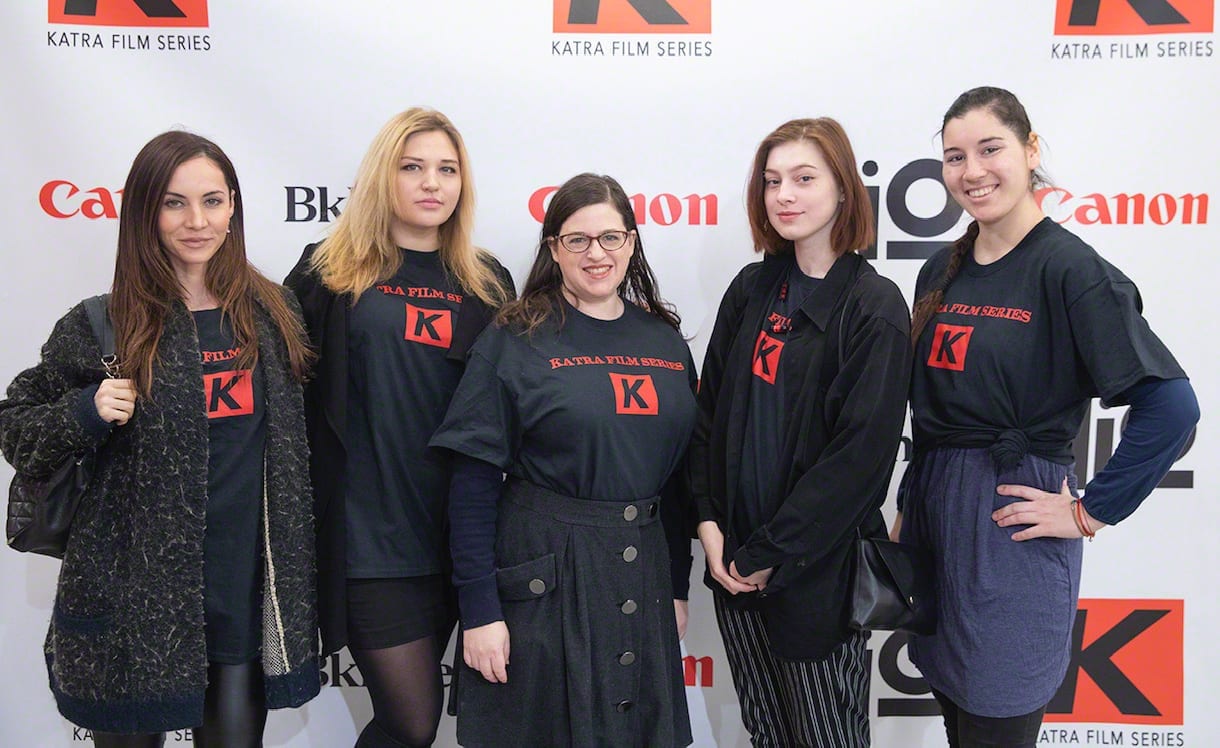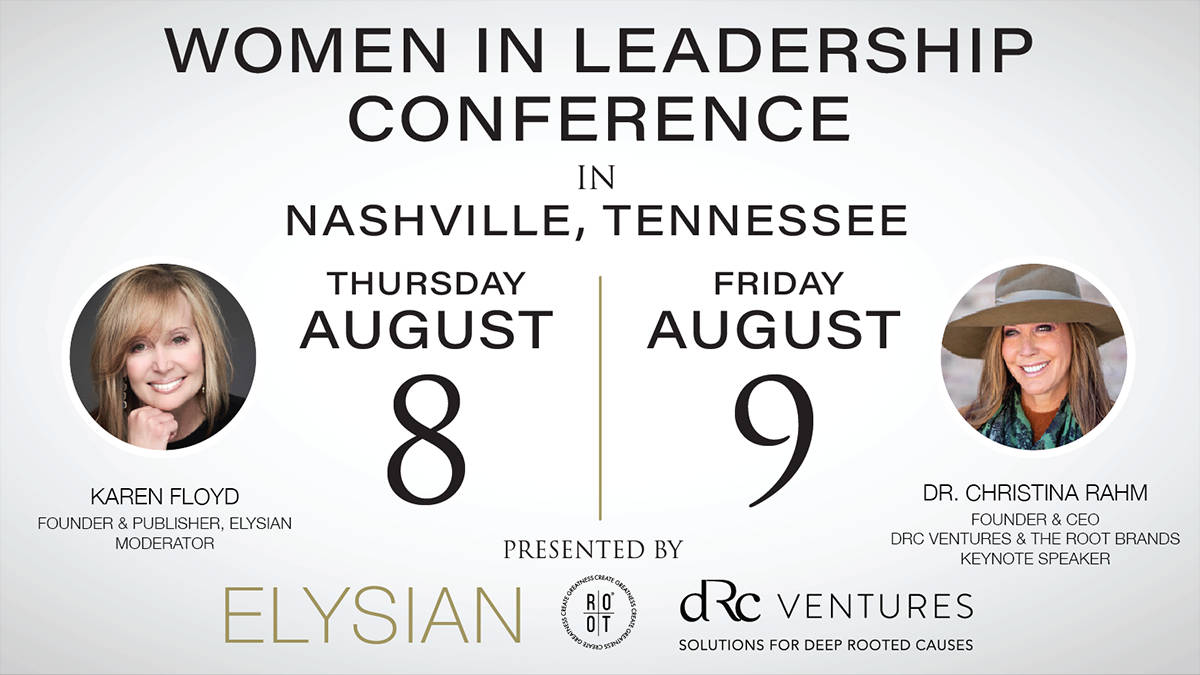ELYSIAN Looks At Gender Parity in the Movie Business
Half of all moviegoers are women, but make no mistake, we are far from being adequately represented in the film industry. Of last year’s 100 top grossing films, women comprised only 4% of the directors, 15% of the writers and 18% of the producers. Only one woman has ever won an Oscar for Best Director, and that was Kathryn Bigelow for The Hurt Locker in 2010. Last year, Rachel Morrison was the first and only woman to be nominated for the Cinematography Oscar for her work on Mudbound. When Regina King accepted the Golden Globe for best supporting actress in January for “If Beale Street Could Talk,” she famously declared, “In the next two years everything I produce—I’m making a vow, and it’s going to be tough, to make sure everything I produce is 50 percent women.” And she challenged other power players in the film industry to do the same.

Kathryn Bigelow is the only woman to have won an Oscar for Best Director, which she received for her 2010 film, The Hurt Locker.

Rachel Morrison is the first and only woman to be nominated for Oscar for Best Cinematography for her work on Mudbound (2017).
The question is: why does gender parity in film pose such a challenge? Is there really such a dearth of women in the industry? In a word, no. Independent films are teeming with female writers, directors and producers. There are more than 91 Independent film festivals around the world that highlight work created by women. But of the thousands of films screened at festivals, few receive the distribution contracts needed to fund a theatrical release. Digital distribution has opened the industry to new voices, but let’s face it, do you really have time to watch everything on Hulu, Netflix and Amazon? Most of us focus on the films and series that are being advertised, written about and promoted by the larger distribution channels.
Each film or television series is analogous to a business: an operating budget is allocated based on the projected return on the investment. But how can a movie be profitable if it isn’t widely distributed? Herein lies the Catch 22 of Women in Film. Studio honchos are loath to dole out big budgets to directors who’ve never handled a blockbuster. But it costs big money to make a blockbuster. Dog. Chases. Tail.
But gender parity in film is not as far off as it seems. Studios and distributors have an abundance of independent projects to choose from at female-centered film festivals. A director who can produce a clean, well-woven yarn on a small budget is likely to do the same again and again with incrementally larger budgets. NOTE: This adage applies to women as much as it applies to men.

The 8th Annual Kantra Film Series will kick off at Alamo Drafthouse Cinema in Brooklyn.
Movie goers (both male and female) can help forward the cause of gender parity in film by attending screenings and festivals and sharing their favorites on social media. The Katra Film Series in New York is one of the most prolific champions of women in film. Last year, the group showcased the work of 79 female writers, directors and producers, including the film “Lotte That Silhouette Girl” directed by Carla Patullo and Elizabeth Beecherl, which tells the story of Lotte Reiniger, a pioneering film animator from the early 20th Century. On February 27, when the Katra Series kicks off its eighth year with a free happy hour at the HiO City Point Store followed by a screening at Brooklyn’s swank Alamo Drafthouse Theatre, the lineup will feature 65% female filmmakers. And this whole operation was started just a few years ago with lots of enthusiasm and no budget by independent filmmaker Geoffrey Guerrero, at a small lounge on the Bowery. Goes to show you that if you build it, they will come. The “it” being a showcase for women and indie filmmakers, and the “they” being film enthusiasts.
This February, the Athena Film Festival in New York (known for showcasing the stories of fierce, fearless women leaders) will be screening “Whispering Truth to Power” a documentary by Shameela Seedat about South Africa’s resolute Public Protector, Thuli Madonsela. It will also feature “Nothing Without Us: The Women Who Will End AIDS” by Harriet Hirshorn, a documentary filmmaker whose work specializes on social justice issues. In April, the Through Women’s Eyes film festival will screen “On Her Shoulders,” the harrowing story of a Yazidi woman named Nadia Murad who survived an abduction by ISIS and was later honored with the Nobel Peace Prize. Female filmmakers are out there, and now is their moment to be seen and heard. And funded.




